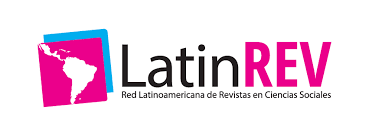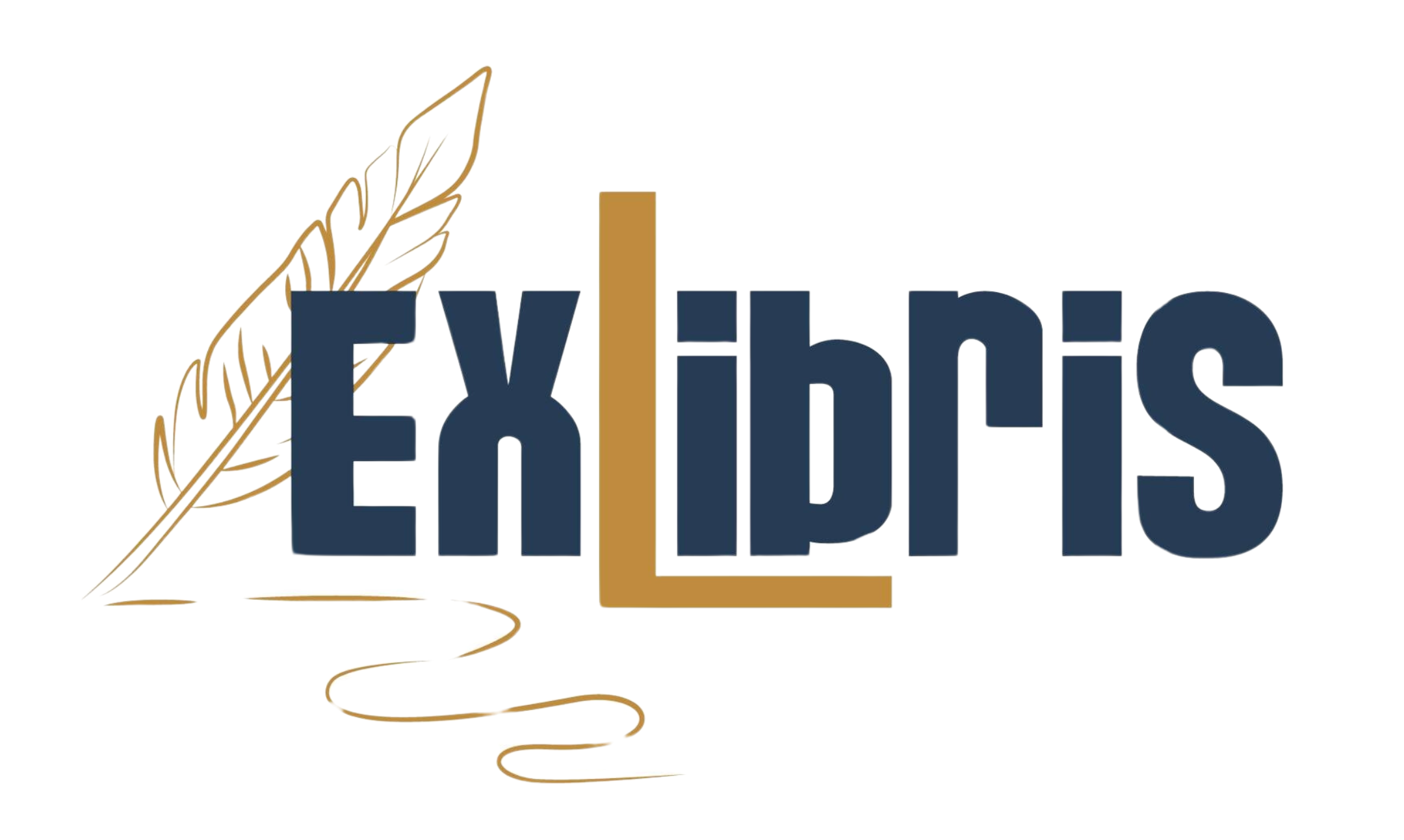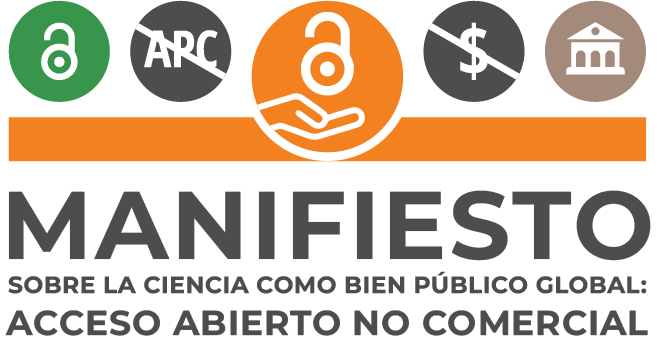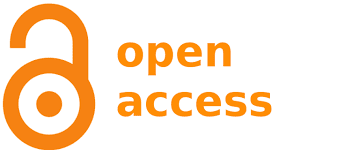Evaluation of programs on the prevention of drug use in students of educational centers from 6th to 9th grades in San Salvador
DOI:
https://doi.org/10.5377/ccs.v5i2.10212Keywords:
Prevention programs, drug use, basic education students, El SalvadorAbstract
The objective of the study was to determine if drug use prevention programs taught to students from seventh to ninth grade have contributed to the reduction of alcohol, tobacco and marijuana use. Non-experimental study with a descriptive, multivariate approach with a cross-sectional and ex post facto design. The sample was non-probabilistic of 268 students. The instrument to collect the information consisted of 209 questions and the information analyzed descriptively, making some crosses of variables to which the Chi-square independence test was applied. In the development of the work it was found that the only program that has been taught in the schools, where the study was developed, was the Education for Life Program. Also that the consumption of alcohol, tobacco and marijuana in the students was high. When relating the results on the consumption of tobacco, alcohol and marijuana in this study, with others carried out previously, it was observed for the last 12 months and last 30 days that the consumption of tobacco and marijuana showed a tendency to increase and alcohol a slight reduction; however, marijuana use increased three to five times in relation to 2014. The Education for Life Program has not given the expected results in the prevention of substance use such as alcohol, tobacco and marijuana.
Downloads
Published
Issue
Section
License
Copyright (c) 2022 Revistasenliea

This work is licensed under a Creative Commons Attribution-NonCommercial 4.0 International License.
Los artículos de Ciencia, Cultura y Sociedad están publicados en acceso abierto bajo una licencia CC BY-NC-SA 4.0 de la Universidad Evangélica de El Salvador.


















